Dump trailers are an essential tool for various industries, from construction and landscaping to agriculture and waste management. They provide a reliable means of transporting and unloading heavy materials efficiently. As we explore the question of how much for a dump trailer, we’ll dissect the factors influencing price, the different types available, and what features you should consider when making a purchase.
1. What Influences the Price of a Dump Trailer?
Several elements dictate the pricing of dump trailers. Understanding these can help you determine your budget and make an informed decision.
1.1 Type of Dump Trailer
The type of dump trailer significantly affects the price. Common types include:
| Type | Description | Price Range |
|---|---|---|
| Standard Dump Trailer | Most common; features a simple dump mechanism | $3,000 – $10,000 |
| Enclosed Dump Trailer | Protects loads from weather and theft; often used for landscaping | $5,000 – $15,000 |
| Deckover Dump Trailer | Features a flat deck for wider loads; often heavier built | $6,000 – $20,000 |
| Gooseneck Dump Trailer | Offers better stability with a gooseneck hitch; ideal for heavier loads | $8,000 – $25,000 |

1.2 Material and Build Quality
The construction materials used in dump trailers play a crucial role in determining their durability and price. Common materials include:
- Steel: Offers strength and longevity; often heavier, contributing to higher costs.
- Aluminum: Lighter and more corrosion-resistant but typically more expensive.
- Polyethylene: Lightweight and resistant to rust; used for specific smaller trailers.
1.3 Size and Capacity
Dump trailers come in various sizes and load capacities. The larger the trailer, the more material it can transport, but that also translates to higher costs. Typical load capacities include:
| Capacity | Price Range |
|---|---|
| 5,000 lbs | $2,500 – $5,000 |
| 10,000 lbs | $5,000 – $12,000 |
| 15,000 lbs | $8,000 – $15,000 |
| 20,000 lbs | $12,000 – $20,000 |
1.4 Additional Features
Additional features can enhance the functionality of dump trailers but may also increase the price. Consider these options:
- Hydraulic Systems: Enable smooth lifting and lowering of the trailer bed.
- Electric Brakes: Improve stopping power and safety.
- Ramps: Facilitate loading of heavy equipment.
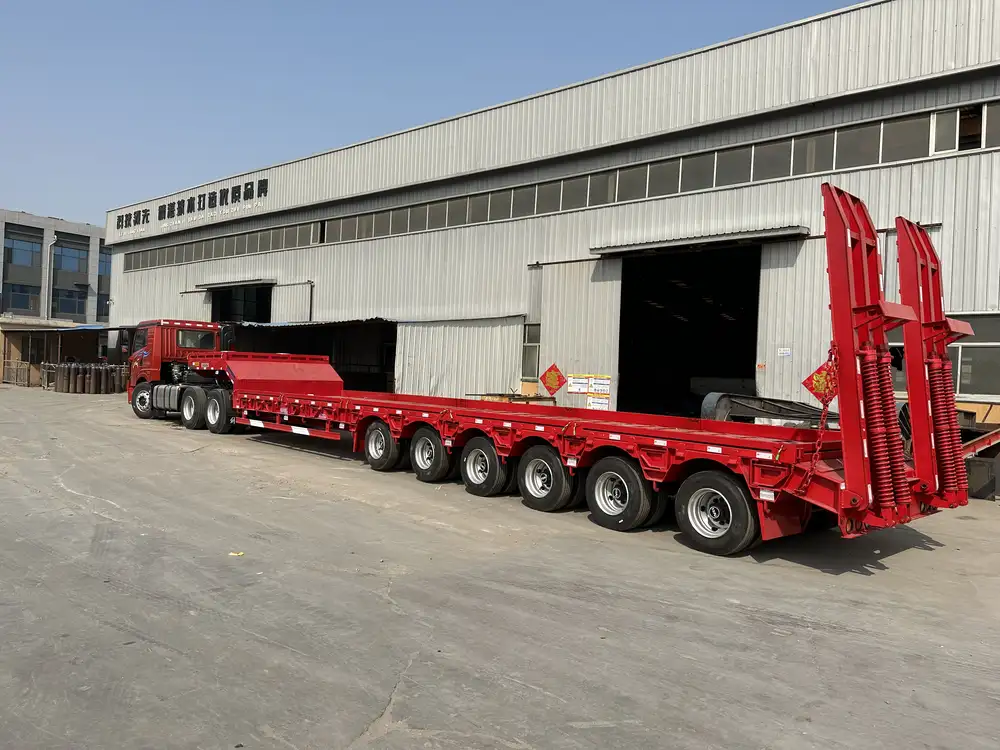
2. Comparing New vs. Used Dump Trailers
When exploring the price of dump trailers, it’s essential to weigh the benefits of new versus used options. Each comes with its price points and potential savings.
2.1 Benefits of New Dump Trailers
- Warranty: New trailers typically come with warranties, providing peace of mind regarding repairs.
- Latest Technology: Incorporate the most recent advancements in safety and efficiency.
- Customization: Manufacturers often offer options to tailor the trailer to specific needs.
2.2 Benefits of Used Dump Trailers
- Cost Savings: Used trailers are generally more affordable; prices can drop significantly depending on condition and age.
- Immediate Availability: Purchase can often be made immediately without lengthy manufacturing wait times.
- Depreciation: Used trailers have already undergone initial depreciation, offering better value for budget-conscious buyers.
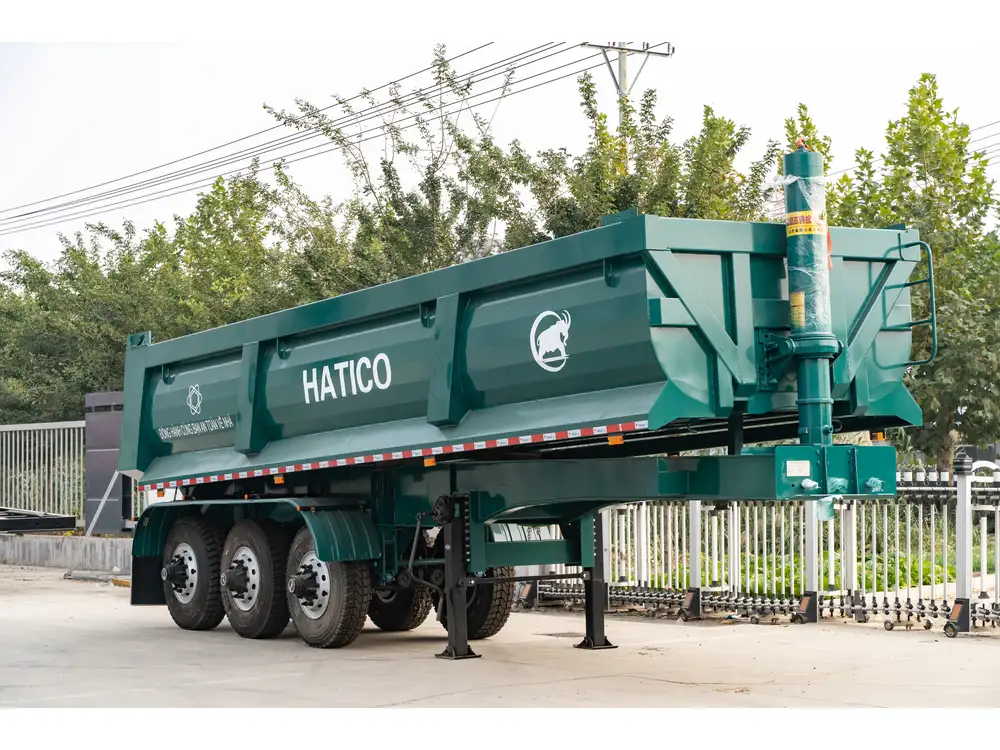
3. Understanding Your Needs
Before making any purchase, consider what specific functionalities you require from a dump trailer. Here are some pertinent questions to help fine-tune your needs:
What types of materials will be transported?
Heavy materials like gravel or lighter items like mulch can influence your choice of trailer.How frequently will the trailer be used?
Frequent use may necessitate durability and advanced features, while infrequent use might allow for a more economical choice.What towing capacity does your vehicle offer?
Ensure that your vehicle can handle the weight of the loaded trailer for safe transportation.
3.1 Trailer Compatibility Checklist
| Feature | Checkpoint |
|---|---|
| Towing Capacity | Confirm your vehicle’s specs |
| Hitch Type | Ensure compatibility with standard or gooseneck hitches |
| Weight Distribution | Maintain even weight distribution during transport |
4. Budgeting for a Dump Trailer Purchase
Understanding the complete cost associated with purchasing a dump trailer is vital for informed decision-making. While the initial price is significant, ongoing expenses must also be considered.
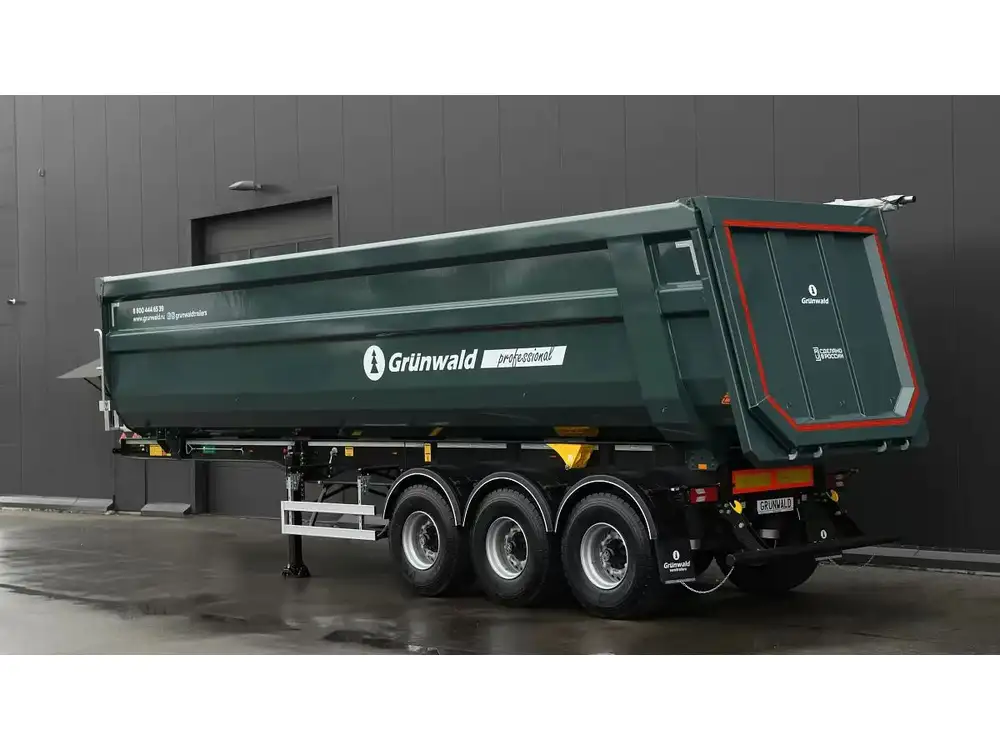
4.1 Initial Costs
- Purchase Price: Base cost of the trailer as discussed previously.
- Hitch Installation: Might necessitate added expense if your vehicle lacks a compatible hitch.
- Registration and Taxes: Don’t forget about taxes associated with the vehicle purchase.
4.2 Ongoing Costs
- Maintenance: Regular checks for wear and tear, particularly hydraulic systems.
- Tires: Depending on use, replacement might be needed sooner than anticipated.
- Insurance: Coverage is crucial to protect your investment, especially if the trailer is used frequently.
5. Financing Options for Dump Trailers
Exploring financial options ensures that you can afford the trailer you need without breaking the bank. Here’s an overview of available financing avenues:
| Financing Option | Description |
|---|---|
| Bank Loans | Traditional loans, often requiring good credit. |
| Dealer Financing | Many manufacturers offer in-house financing solutions. |
| Leasing Options | Leasing can be ideal for businesses that need a trailer temporarily. |
| Personal Loans | Can provide flexibility in purchasing a trailer. |
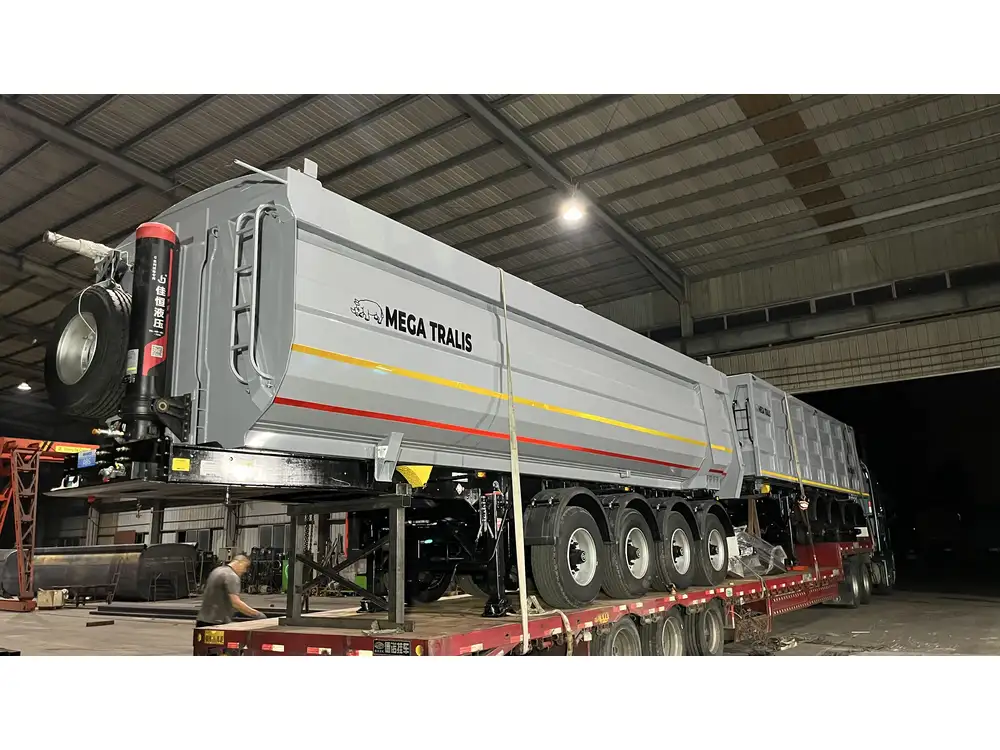
5.1 Evaluating Financing Terms
While considering financing, pay attention to:
- Interest Rates: Lower rates can save significant amounts over time.
- Term Length: Longer terms might lower monthly payments but increase total interest paid.
- Down Payment Requirements: Determine how much upfront you can afford.
6. Maintenance Tips to Extend Trailer Lifespan
To ensure that your investment lasts, proper maintenance should be integral to your usage plan. Consider the following maintenance practices:
6.1 Regular Inspections
Conduct frequent inspections of:
- Brakes: Regularly test and replace worn brake pads.
- Tires: Monitor tire condition; check for proper inflation and tread wear.
- Hydraulic Systems: Ensure fluid levels are maintained, checking for leaks.
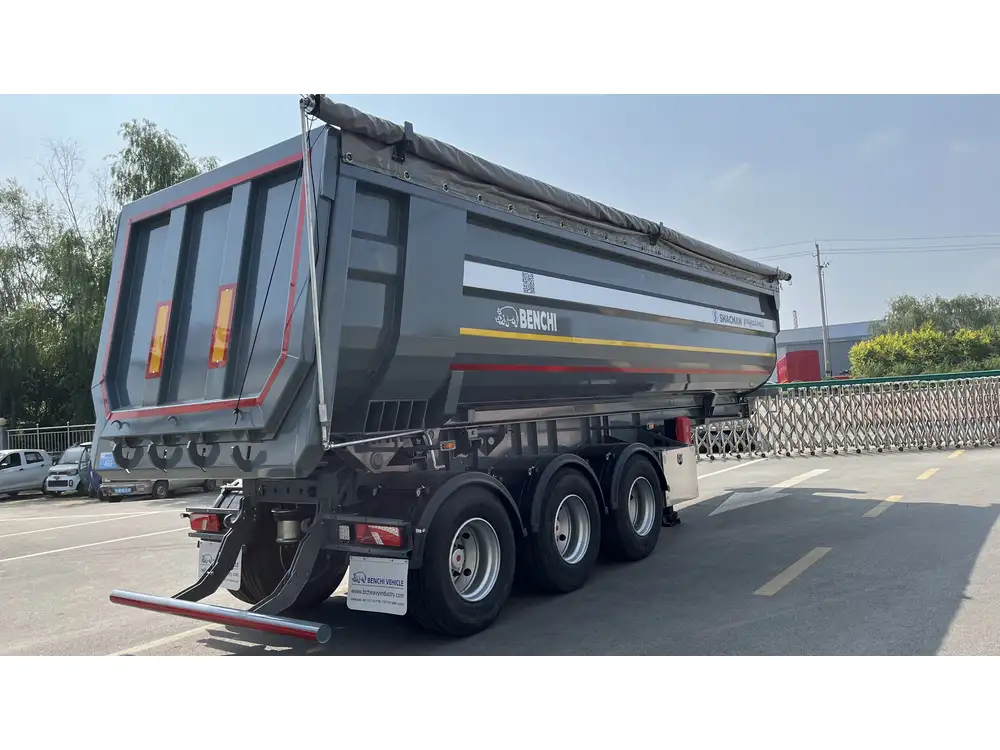
6.2 Cleaning
Routinely clean your dump trailer to remove dirt and debris that can contribute to corrosion and decay. Consider:
- Post-Use Cleaning: Wash down after every use to remove mud and grime.
- Rust Prevention: Apply anti-rust treatment to metal components annually.
7. Future Trends in Dump Trailers
The market for dump trailers is continually evolving. By staying informed about emerging trends, potential buyers can make forward-thinking decisions.
7.1 Technological Advancements
- Smart Technology: Integration of GPS for tracking and route optimization.
- Enhanced Fuel Efficiency: Ongoing innovations aim at improving towing efficiency.

7.2 Environmental Considerations
- Green Materials: The industry is moving towards sustainable practices, including the use of eco-friendly materials.
Conclusion: Making an Informed Decision
Investing in a dump trailer can enhance productivity across various sectors. By comprehensively understanding the factors influencing prices, evaluating your needs, comparing financing options, and maintaining your trailer, you can ensure that your investment is both cost-effective and efficient. With this guide, you’re now equipped to analyze the question how much for a dump trailer with a newfound clarity and confidence, ensuring that you make an informed purchase that meets your unique requirements and budget.



